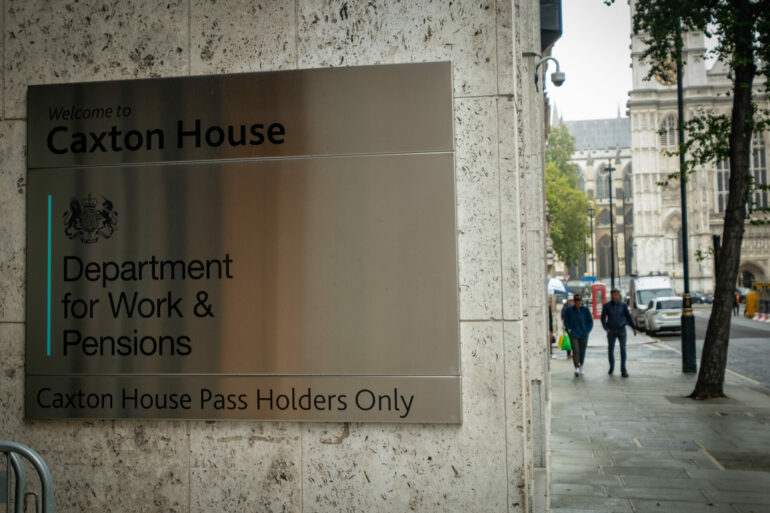The Government has launched the third review of the State Pension age, appointing Dr Suzy Morrissey to prepare an independent report on how the pension system should adapt to long-term demographic and economic pressures.
Morrissey has been asked by the Secretary of State for Work and Pensions to set out recommendations on a framework for future decisions.
Her report will examine whether the State Pension age should be linked to life expectancy, the role of pension age in ensuring long-term financial sustainability, and the international experience of using automatic adjustment mechanisms to change retirement ages.
She said: “The impact of decisions around State Pension age are far-reaching.
“Therefore, I want to make sure I have heard views from a broad range of organisations, experts and individuals throughout the course of my review, including those who have an interest in the wider social and economic impacts of an ageing society.”
The review comes against the backdrop of rising life expectancy, though increases are slower than previously forecast.
A man aged 66 in 2025 is projected to live a further 19.2 years, compared with 21.1 years by 2050. For women, the figures are 21.8 years in 2025 and 23.7 years in 2050.
However, healthy life expectancy shows significant variation across regions, with people in Scotland and the North East expected to live fewer years in good health compared with those in southern England.
Population projections show the number of people above State Pension age is set to increase by 55 per cent over the next 50 years, rising from 12.6 million in 2025 to 19.5 million in 2075.
At the same time, the number of people aged 85 and over will almost triple, placing additional pressures on pensions and public services.
Government estimates put State Pension expenditure at £146bn in 2025/26, forecast to rise to £169bn by 2029/30.
The Office for Budget Responsibility (OBR) warned spending could reach 7.7% of GDP by the early 2070s, around 50% higher than today.
The legislated timetable is already set to raise the State Pension age to 67 between 2026 and 2028, and to 68 between 2044 and 2046.
Unlike some countries, the UK does not currently use automatic adjustment mechanisms to link retirement age to life expectancy, but this option is being considered as part of the review.
Morrissey is seeking views on the advantages and disadvantages of linking pension age to life expectancy, the sustainability of the current system, and what other factors government should weigh when setting policy.
The consultation invites responses from individuals, organisations and experts, with evidence feeding into her final report to the Secretary of State.
David Pye, a client consulting director at leading independent financial services consultancy Broadstone, commented: “The launch of the State Pension Age Review is a critical step in laying out the long-term future of this hugely important core benefit for retirees to aid their individual planning and cashflow modelling that many now undertake.
“With an ageing population, previous governments have almost exclusively used an increasing State Pension age to control costs – especially at a time of creaking public finances.
“But it will be interesting to see if the final Report recommends anything different especially as life expectancy plateaus and our health landscape changes.
“If the State Pension age is increased or the amount provided is reduced or means-tested, it will only re-iterate the need for urgent reform in the private savings landscape to ensure adequate incomes at retirement.”Government launches independent review into State Pension age



